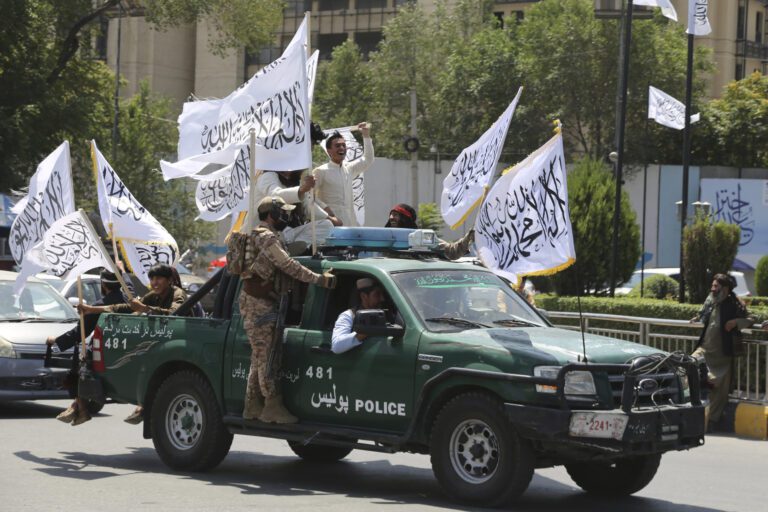Russia’s Recognition of the Taliban: Implications and Insights
In a significant geopolitical maneuver, Russia has officially recognized the Taliban regime, marking a pivotal shift in international relations that could reshape power dynamics in Central and South Asia. Announced by Foreign Minister Sergei Lavrov on July 3, this decision occurs nearly four years after the Taliban reclaimed power amid the United States’ withdrawal. Although still under United Nations sanctions and largely unrecognized by many nations, Russia’s recognition is expected to enhance the Taliban’s global standing and exacerbate regional tensions while diminishing Western influence.
Strategic Motivations Behind Russia’s Recognition
Expanding Influence in Central Asia
Russia’s recognition appears to be a strategic effort aimed at:
-
Gaining military leverage: By normalizing relations with the Taliban, Russia is poised to increase its military influence in regions contested by both the United States and China, thus enhancing its standing as a pivotal player between the Middle East and Southwest Asia.
- Access to Afghanistan’s resources: Analysts predict that Russia could gain a foothold in Afghanistan’s untapped reserves of lithium and rare earth minerals, crucial for technologies such as batteries and AI. This access is seen as vital as China ramps up its investment interests in these resources.
A Shift in Regional Power Dynamics
The ramifications of Russia’s decision extend beyond its borders:
-
Potential domino effect: Countries with existing relationships with the Taliban, like China, Iran, and Pakistan, may soon follow suit. A U.S. official warned that such actions could lead to the Taliban being viewed not merely as Afghanistan’s rulers but as legitimate actors in a new Eurasian bloc spearheaded by Moscow and Beijing.
- Cautious responses from the West: The ongoing normalization of the Taliban regime creates challenges for the United States and its allies. Mr. Santiago, a global risk analyst, emphasized that the U.S. and EU currently possess limited influence in Afghanistan, especially as Russia intensifies its diplomatic efforts.
Current Human Rights Concerns
International criticisms regarding the Taliban’s handling of human rights, particularly women and girls, are being overshadowed by geopolitical maneuvers. Key points include:
-
Gender apartheid: UN officials have described the Taliban’s policies as oppressive, with significant restrictions on education and employment for women, illustrating a systemic erasure of rights.
- Calls for reform: Human rights advocates argue that the international community must hold the Taliban accountable for these violations.
Historical Context and Ongoing Developments
Drawing on historical precedent, John Hardie, Deputy Director at the Foundation for Defense of Democracies, noted that Russia’s recognition appears motivated by a combination of exploiting perceived opportunities and exerting control over terrorist threats. The geopolitical landscape continues to evolve, particularly as the U.S. military has receded from the region, allowing both Russia and China to enhance their footholds.
Tourism Initiatives and Economic Ventures
In a move symbolizing intent, Russian tour operators have begun to offer “adventure” trips to Afghanistan for around $3,000, indicating a desire to normalize ties. Taliban representatives welcomed the recognition, expressing optimism about cultivating relations with other nations.
Implications for International Relations and Future Engagement
Russia’s recognition of the Taliban raises fundamental questions about international norms concerning legitimacy and the recognition of regimes that emerge through force. As nations navigate this complex landscape, they face critical choices regarding engagement versus isolation.
Conclusion: A Delicate Balancing Act
The situation highlights the need for a nuanced approach in dealing with Afghanistan, particularly for the U.S. and its allies. Efforts should focus on forging peace among Afghan factions while re-evaluating strategies that prioritize both regional stability and advocacy for human rights.
- Key Takeaway: Stakeholders must weigh the implications of Russia’s recognition carefully, as it could redefine the geopolitical landscape in ways that challenge long-standing international agreements and norms.
For further reading on the geopolitical implications of Russia’s recognition, visit The Atlantic Council and Foundation for Defense of Democracies.


